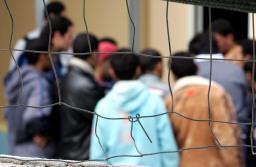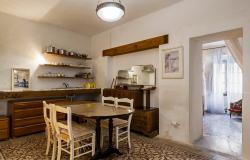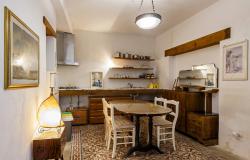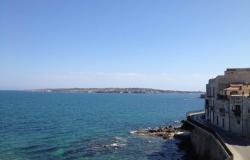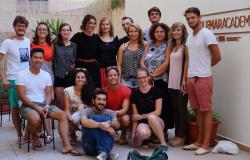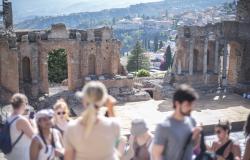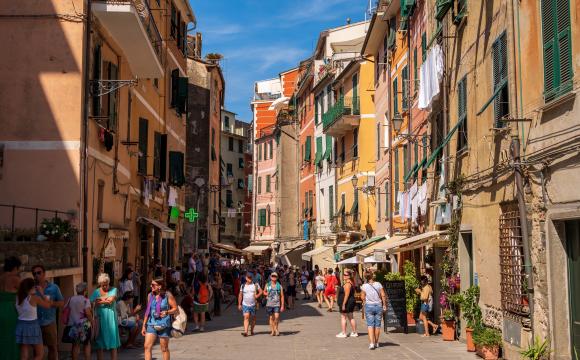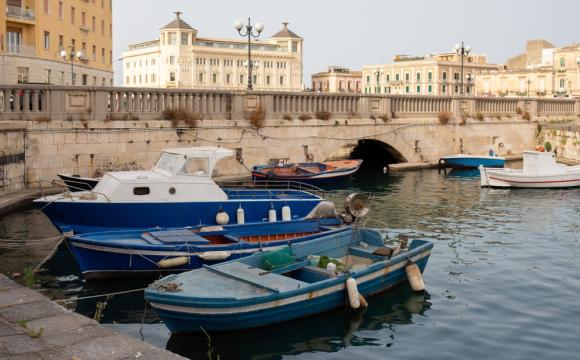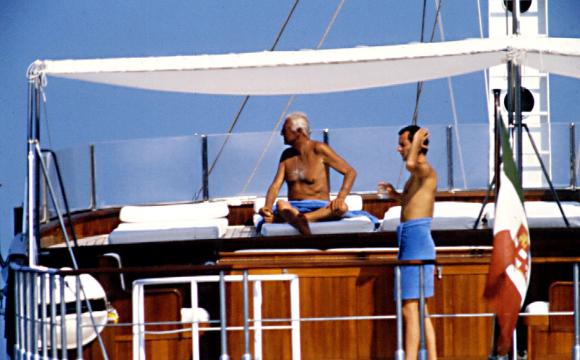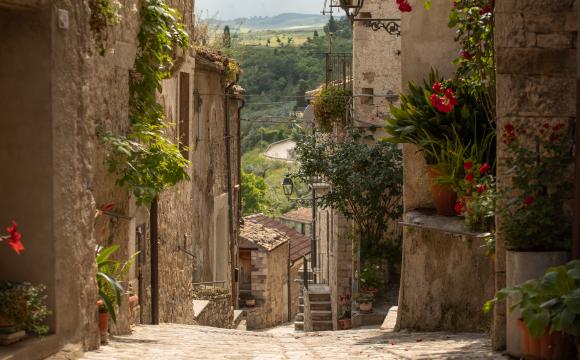European Union Justice and Security Commissioner Jacques Barrot on Friday was largely positive about migrant centres on the southern Italian island of Lampedusa, where the majority of illegal immigrants arrive by sea.
Barrot visited the island's migrant centre (CPA), currently housing 20 people, and the identification and expulsion centre (CIE), where 670 Tunisians are awaiting repatriation, to see conditions first hand and speak to immigrants.
The two centres have made repeated domestic headlines in recent months, with concerns raised about chronic overcrowding, poor sanitary conditions and the lack of access to legal information and representation.
The CIE also drew international attention last month when protesting detainees set fire to the facility.
Earlier this week Amnesty International called on the EU to exert pressure on Italy to ensure that immigrants' rights were being respected.
But Barrot was positive about conditions following his visit to the two centres, which are currently well under their full capacities.
''Despite everything, it seems to me that the Italian authorities are doing everything they can to guarantee decent conditions for the migrants,'' he said, adding that he had had ''guarantees'' that the rights of asylum seekers were being respected.
''However, apart from safeguarding migrants' rights and dignity, the problem of the fate of these people remains,'' he said.
After speaking to Tunisians at the CIE - all of whom will be repatriated according to a government pledge to expel all immigrants who arrive by sea who are not asylum seekers - Barrot called on EU countries for ''a more generous visa allocation policy'', suggesting that this should involve reducing fees.
''We need to understand how Europe can remain firm on the problem of illegal immigration and the traffickers who organise the boats to our continent but at the same time, how Europe can be open and sympathetic to migrants,'' he said.
Barrot asked the Tunisians why they risked the dangerous sea voyage to Europe from the African coast and was told they were trying to escape ''poverty and hunger'' in their home country.
''We know that only 20% of those who put to sea make it. If we run the risk it's because we're desperate,'' a Tunisian told the EU commissioner.
Barrot said he hoped Italy would limit the time migrants are held in centres as far as possible and also suggested educational courses that would ''allow those forced to return to their countries to count on better conditions''.
He said he would be willing to free up EU funds for the courses.
